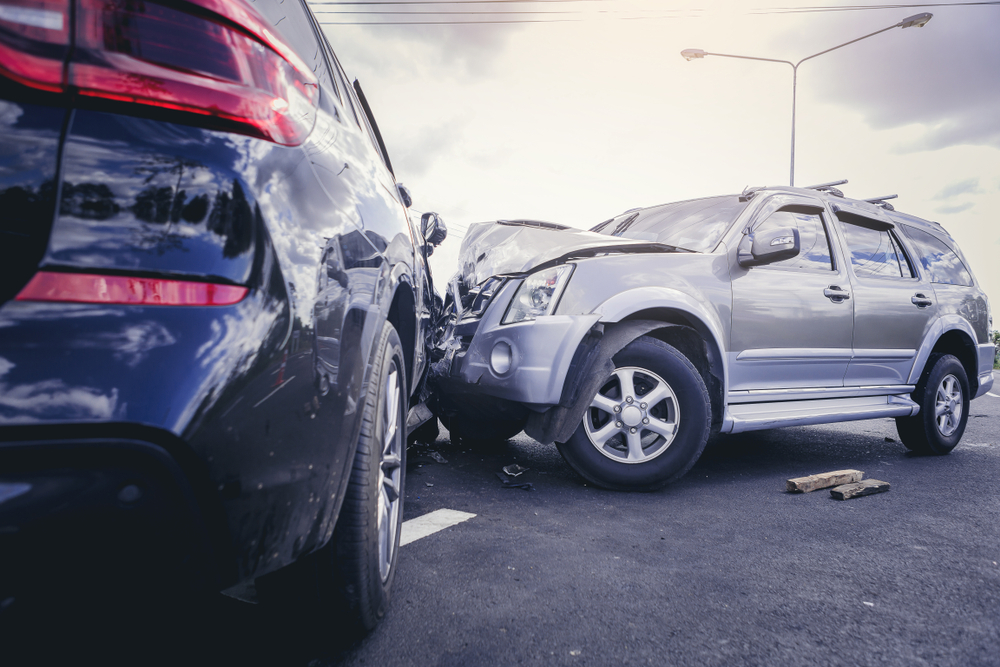It’s easy to assume that when you get into a car accident in Florida, you’ll be taken care of without much difficulty. After all, insurance is mandatory, so everything should be covered.
As Florida ranks as a pretty average state for drivers, accidents do happen here—especially in areas with heavy traffic and poor road conditions, such as South Florida and the Tampa Bay area. And even if you are careful behind the wheel, there’s no telling what other drivers may do.
In Florida, there are two main types of compensation that car accident victims can collect after an accident – compensatory damages and punitive damages. Learn more about each type of damage.
Compensatory damages
When you file a personal injury claim after a car accident, the goal is to receive compensatory damages. These are damages intended to compensate you for your losses, and they can be either economic or non-economic. In Florida, there are four main types of compensatory damages that you may be able to recover: medical expenses, lost wages, property damage, and pain and suffering.
Medical Expenses
If you’re injured in a car accident, you can recover your past and future medical expenses from the at-fault driver. This includes ambulance rides, hospital stays, surgeries, rehabilitative therapies, and other necessary treatment. You can also recover the cost of any assistive devices you need as a result of your injuries, such as crutches or a wheelchair.
Loss of Wages
Another type of damages you may be able to receive after a car accident is loss of wages. This is the money you would have earned if you had not been injured and unable to work. To get this type of damages, you will need to show that the accident caused your injuries and that those injuries prevented you from working. You will also need proof of your lost wages, such as pay stubs or tax returns.
Property Damage
You may be able to get compensation for damage to your car. This can include repair costs, the value of your car if it’s totaled, or the cost of a rental car while your car is being repaired. If the accident was someone else’s fault, their insurance should cover these expenses. If the other driver was uninsured or underinsured, you might be able to get compensation from your own insurance company.
Pain and Suffering
Pain and suffering damages are intended to compensate you for the physical and emotional pain and suffering you’ve experienced due to the accident. If you’re able to prove that your pain and suffering were caused by the accident, then you may be able to recover damages for it. Pain and suffering are considered non-economic damages, and therefore there is no cap on these damages in Florida.
Punitive Damages
In some cases, punitive damages may also be available. These are designed to punish the at-fault driver for reckless or dangerous behavior. You’ll need to prove that the other driver’s actions were willful or wanton to get punitive damages. Willful means they knew what they were doing and wanted to do it anyway; wanton means they didn’t care about the consequences. A drunk driver might fit these descriptions, while a distracted driver would not.
For personal injury purposes, the cap on punitive damages in Florida is $500,000, or three times the amount of compensatory damages, whichever amount is higher. While the burden of proof here might be higher, an experienced attorney will investigate all avenues and help you maximize your claim.




